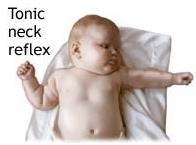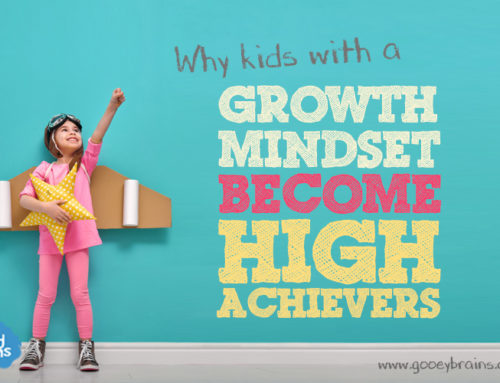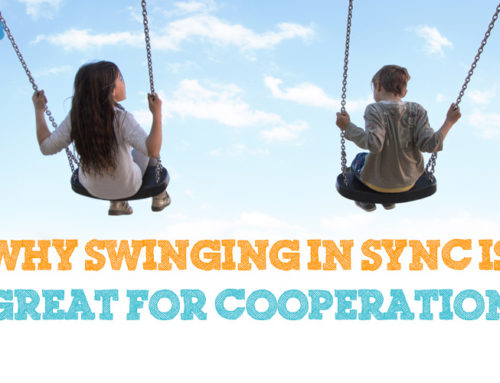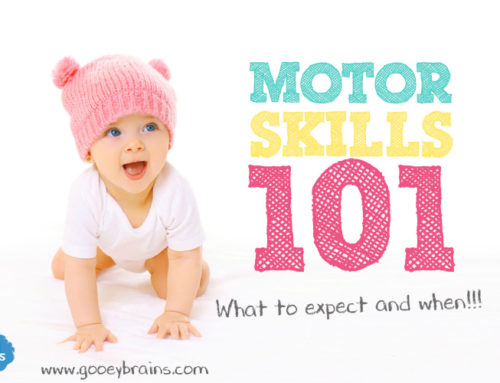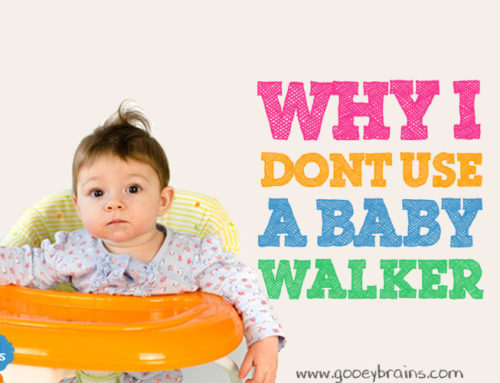Have you ever wondered why babies and infants love to swing, sway, bounce and rock? There’s a good reason behind this, they are stimulating their vestibular system.
This is a vital part of the brain that plays a key role in their motor and brain development. Stimulation of this area will help to improve balance, motor skill development, posture, sitting, walking, crawling and it can also help to soothe distressed babies. As a parent, educator or health professional, there are a broad range of reasons why you should know all about this powerful system of the body.
The best thing about knowing about the vestibular system is that you can learn easy and practical ways to help a child’s development!
So what exactly is the vestibular system?
Children are born with a highly developed system in their body, which we have come to know as the vestibular system. When you are using this system, it feels a little bit like using a sixth sense, and its job is to perceive movement and balance. This perception feels like a sixth sense because you brain performs these tasks without you having to think about it or make it happen! The vestibular perception happens in an area of the brain that is below the cerebral cortex, which means that we are usually fairly unaware of these brain processes that are going on in the background.
Ever wonder why you can go jogging and see the world as stable and smooth and not bouncing up and down the whole time? This is done by your vestibular system. It controls processes such as:
- Head and body posture
- Accurately moving body parts
- Eye movements
- Body adjustments for balance
- Creating smooth actions
The vestibular system of babies.
It is important to know about the vestibular system in babies because it is one of the fastest senses to develop. After conception, the vestibular system and the auditory system (hearing) start developing together in the fetus, but the system actually develops the fastest. By five weeks gestation the vestibular and auditory systems have differentiated from one another. Because the vestibular system develops so quickly in utero, it is particularly vulnerable at this time.
What signs are there that the vestibular system is developing?
Doctors often look at babies reflexes as signs that the vestibular system is developing. Here are two reflexes that are commonly tested:
Moro reflex: This reflex is present while the baby is in the womb, as well as up to about 4 months of age. It is a normal involuntary reflex sometimes known as the startle reflex. The baby throws its arms out sideways with palms up and thumbs flexed when startled or feeling as though it is falling.
Assymetrical Neck Response: This is a reflex that is present in babies between naught and three months of age, but can last up to seven months. When their head is turned to one side, the arm on the same side of their face will stretch out to the side, and their opposite arm will flex at the elbow.
Vestibular development is important for brain development
Scientists now agree that vestibular development is actually very important to children’s learning of all sorts of skills. For example, gaining a sense of balance is important to learning to walk and many other motor skills. What is really interesting though, is that researchers have found vestibular deficits in children with emotional problems, attention deficits, learning disabilities, autism and language disorders. The vestibular deficits cannot fully explain all of these childhood issues but these associations have lead many scientists to believe that the vestibular system may have great importance in child development.
How we can improve vestibular development
Babies just happen to love vestibular stimulation! In fact, by six to eight months of age they will start engaging in self-stimulation; swaying, bouncing, rocking, and even head shaking. This has fascinated scientists, and they have looked into whether providing babies with additional vestibular stimulation might have a positive impact on their health and development.
Scientists who spun babies aged from three to thirteen months on chairs noticed that the babies loved to spin! Compared to babies who didn’t do the spinning activities, the spinning babies showed better development of their reflexes and their motor skills like sitting, crawling and walking. Scientists have also observed that newborns who are rocked or carried around seem to cry less. In fact, when researchers tested different ways to sooth a baby, vestibular stimulation was the most effective tool! Babies were best soothed when picked up, but were also soothed when rocked in a rocker, even without any human contact.
So now we know a few things about vestibular stimulation:
– It improves balance
– It helps motor skills to develop
– It accelerates learning of posture, sitting, walking and crawling
– It soothes distressed babies
So what are the activities that promote vestibular development?
If you have young infants there are plenty of great activities you can do at home. An excellent way to do this is through active play.
For example:
– Rocking.
- Rocking a baby
- Rocking games
- Rocking chairs and hammock
- Dancing while holding baby
– Spinning
- Spinning on a swivel chair
- Spinning games
– Bouncing
- Trampoline
- Bouncing infant on parents knee
- Bouncing chair
– Balance Activities and Toys
As children get older your local playground has lots of great equipment that can assist with vestibular development. For example:
– Swinging on the swingset
– Using the see-saw
– Hanging from the monkey bars
– Riding the flying fox
The best thing about the park is that it is inexpensive to visit, the kids always have a great time and stayed entertained for hours, and most neighbourhoods have a local playground that has some of these facilities available. As your child grows older many sports involve balance activities in a fun way.
If you feel that your baby, infant or child is experiencing difficulties with their vestibular development, you can seek professional assessment with your local health team. Often a pediatrician, occupational therapist, psychologist or general practitioner can assist you to assess and improve your child’s developmental outcomes.
Reference
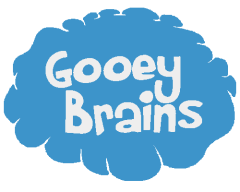
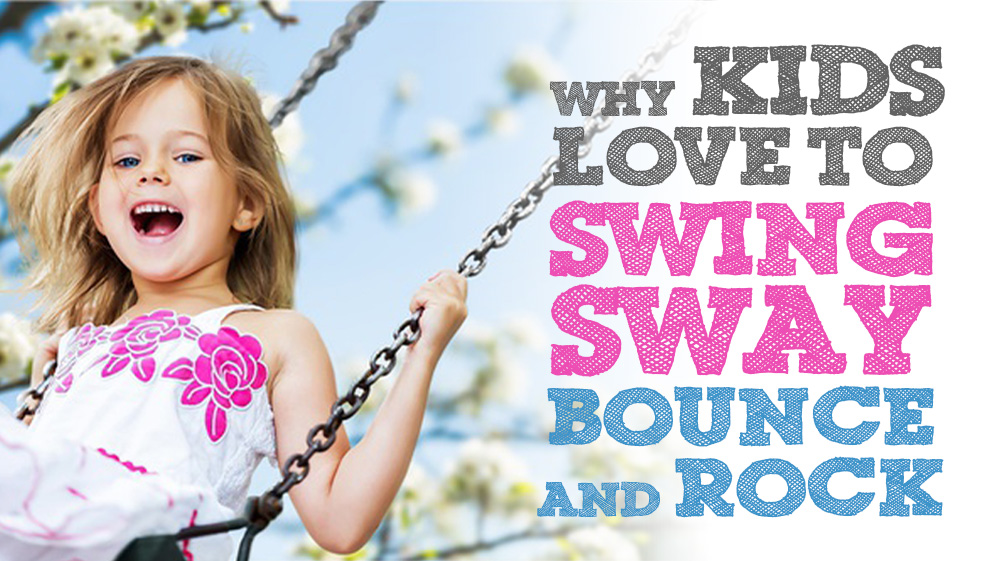
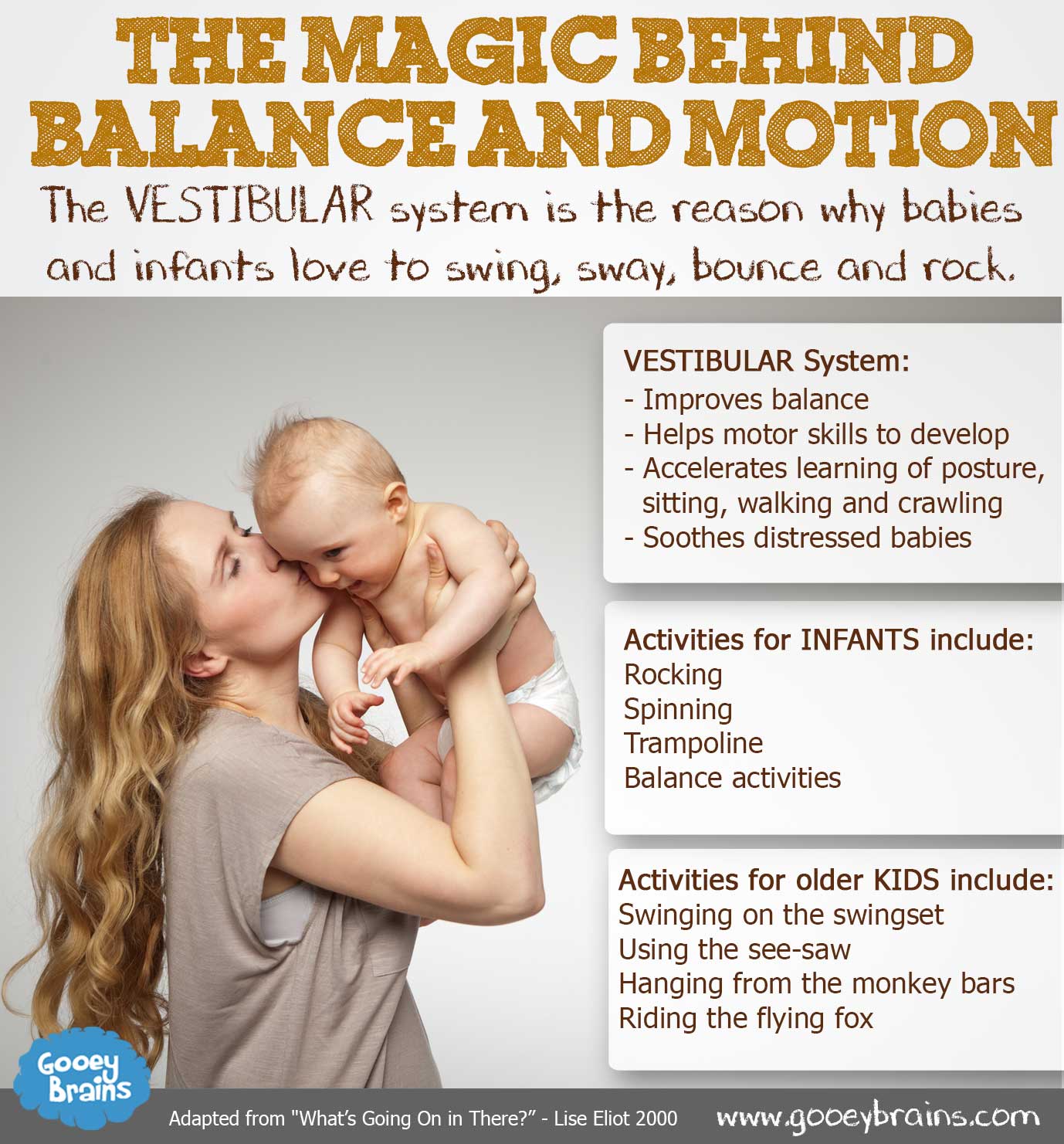
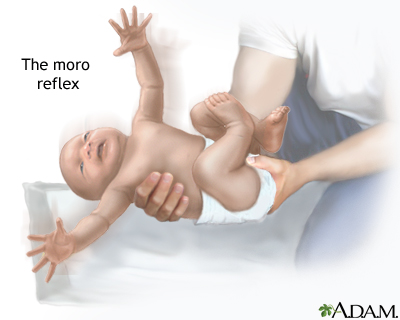
.png)
.png)
